This information is one part of a series focused on how to amend soil. Please see our resource center where we offer additional instructional videos and articles, as well as our bookstore.
What are Rice Hulls?
Rice hulls are one of the most sustainable soil amendments available for improving drainage, water holding capacity and aeration. Unlike perlite and other rock products, it does not require mining; unlike peat moss it does not require land disruption to produce it.
Similar to coco coir, it is a byproduct of agriculture that people would otherwise consider waste. Farmers remove rice hulls from each grain of rice after harvest. The hulls are then parboiled at a high enough heat to sterilize any grains of rice that found their way into the mix, as well as weed seeds and diseases.
Rice hulls are nontoxic and biodegradable, so they feed the soil as they break down. However, they are stable enough to last for the typical gardening season before decomposing, so the soil will enjoy the benefits of moisture regulation and aeration while your organic vegetables grow. Our rice hulls at GrowOrganic.com are certified organic!
Using Rice Hulls in Your Garden
- For your garden soil, spread about a two" layer across the surface when you fertilize in the spring, and mix it into the top 6–12" of soil.
- For potted plants, you should mix 10–50% rice hulls into the potting soil.
- You can use rice hulls as a mulch for your bedding, similar to how you would use straw.
- Rice hulls are extremely lightweight, so they’re especially ideal for rooftop gardening or other gardens that require an amendment to make your soil lighter.
Comparison of Rice Hulls with Other Soil Amendments
- Rice hulls are most similar to sphagnum peat moss and coco coir, but are more sustainable than either.
- Somewhat less effective at aeration and water retention than peat moss or coco coir, but still a good choice–and if your soil surface is “extra bad” you can compensate for the difference by adding just a little more rice hulls than you would have coir or peat.
- Unlike these similar products, it is neutral pH. The pH of Peat moss and coco coir are both acidic, so use them on acid loving plants or if your soil has a high pH. Use rice hulls if your soil is the correct pH for your plants already, or is naturally acidic.
- Unlike perlite, pumice, vermiculite, and biochar, rice hulls break down after one season of use. This is good for adding organic matter for your vegetable garden, but you will have to reapply it annually to get the other benefits of moisture regulation and aeration.
- Rice hulls are also less dusty than mined soil amendments, and the natural color blends in better with the soil than the grays and whites of pumice and perlite.
You can find more information on soil drainage here in our resource center.


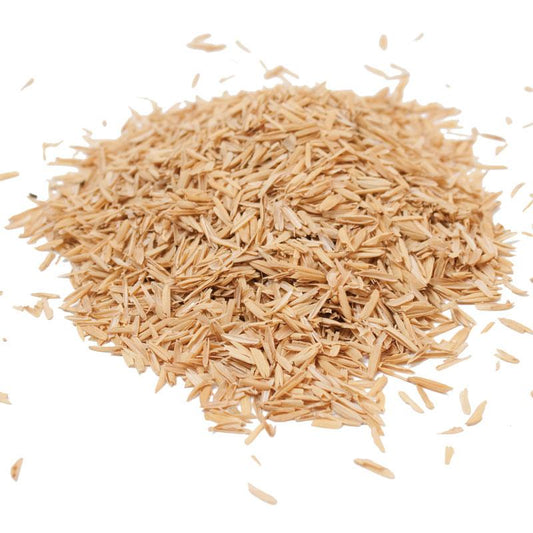
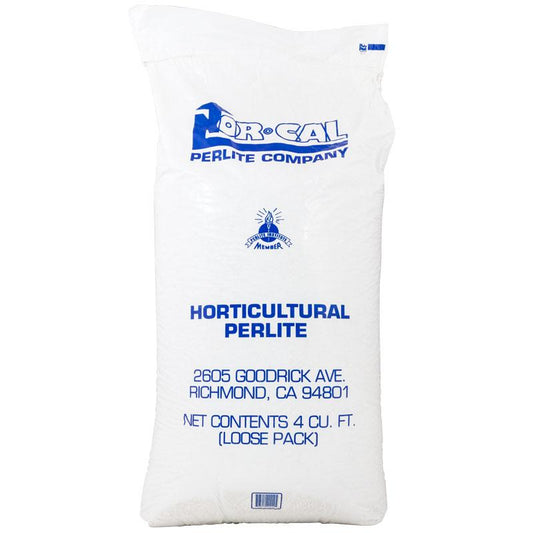
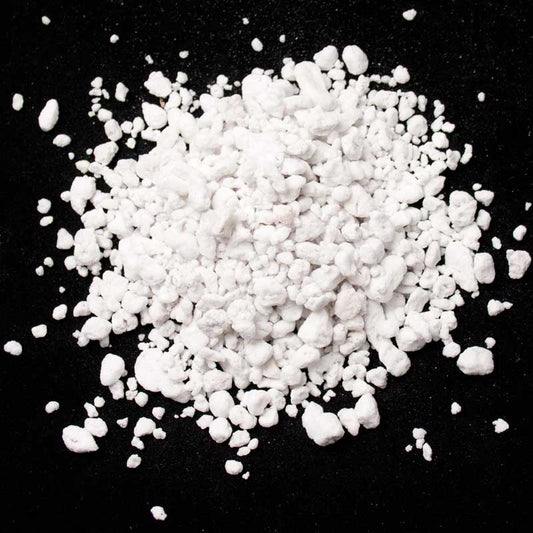
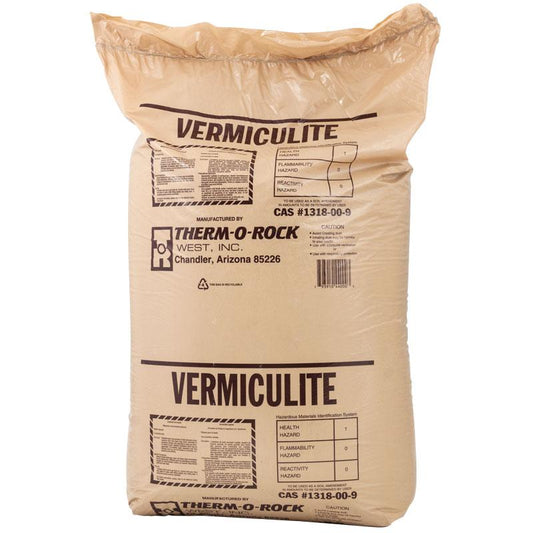
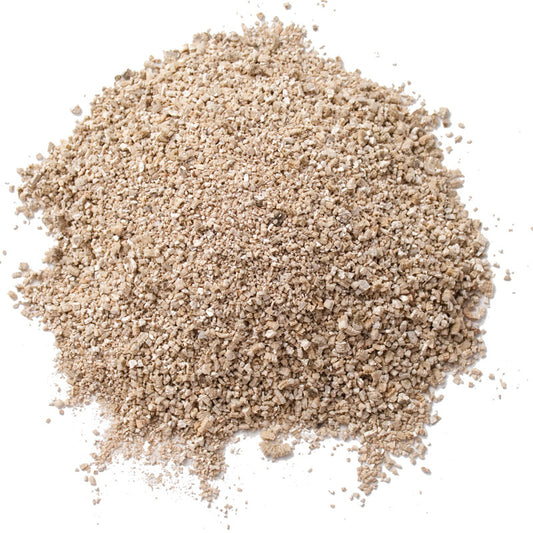
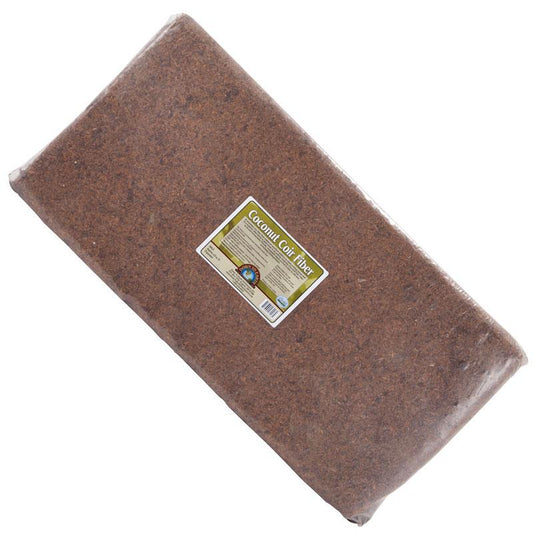
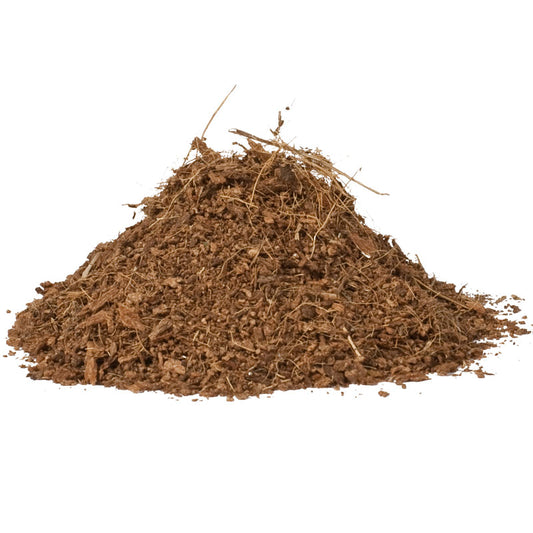
19 comments
Great article. I wish you had covered the benefits of Rice Hull besides mulch. I hear that it has Silica which can really help with plant cell division. In other words, it helps with the overall health of the plant. Is that true?
Harvey, rice hulls do not take that much extra nitrogen to break down. They break down very slowly so my suggestion is to mix in a bag of chicken manure or feed your plants just a little more nitrogen.
If I mix 50 pounds of rice hulls into my garden soil, should I add some nitrogen fertilizer to offset what the hulls will take from the soil in the decomposition process? If so, how much nitrogen per 50 pounds of rice hulls?
Thankx a lot for your writing I have plenty of rice hulls in my home village but I never know their advantages before